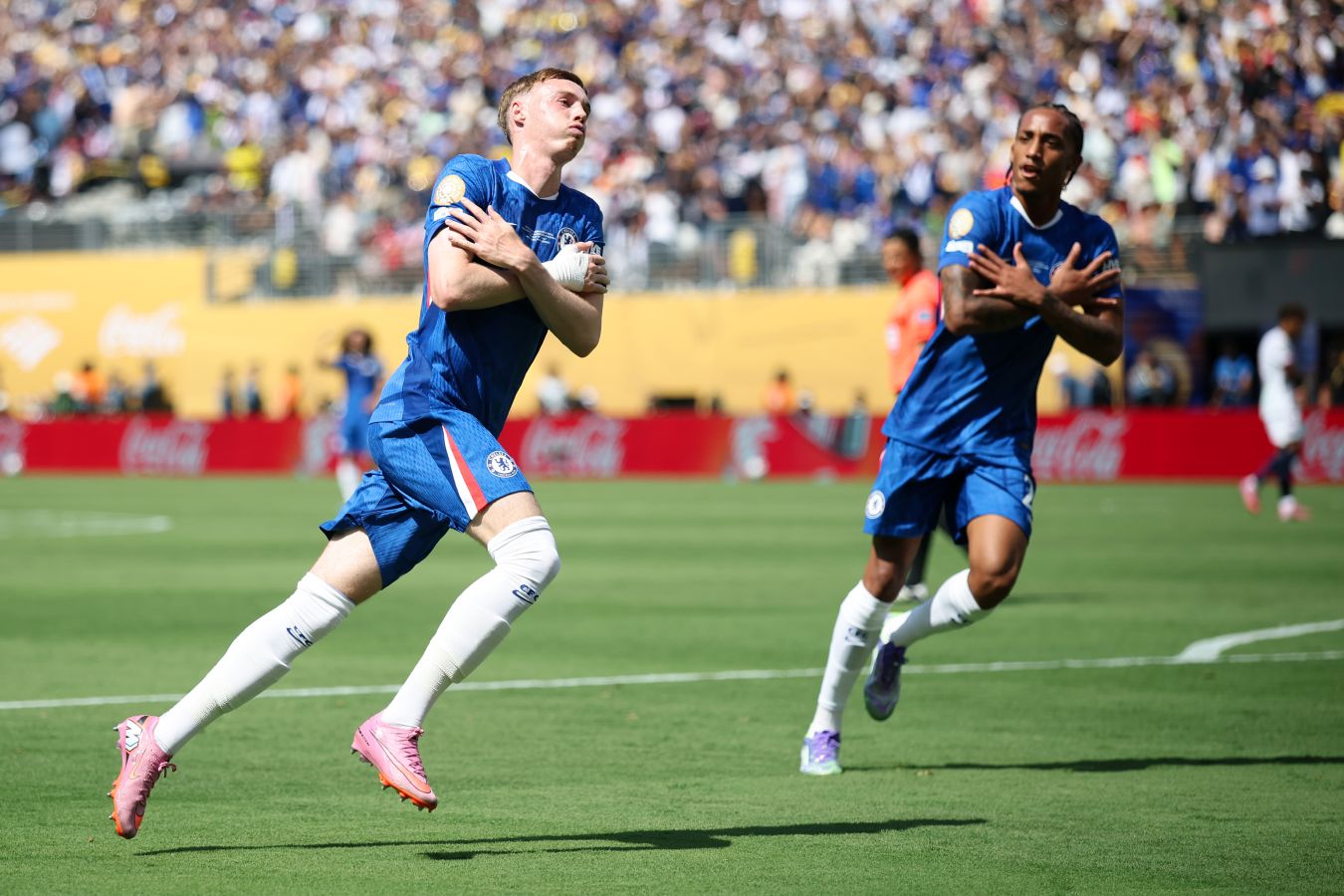The confetti has settled, the celebratory banners are being carefully folded, and the FIFA Club World Cup trophy now proudly occupies a new space in Chelsea`s burgeoning cabinet. Having conquered Europe and now the world (at least the club football world, a distinction important to some purists), a natural question emerges from the Stamford Bridge faithful and skeptical observers alike: Is this the dawn of a new era, one that finally sees Chelsea translate cup heroics into consistent Premier League dominance?
The Intoxicating Scent of Victory
There is an undeniable swagger that comes with being crowned “champions of the world.” The comprehensive 3-0 dispatching of Paris Saint-Germain in the Club World Cup final was, for many, a tactical masterclass by Enzo Maresca’s side. Aggressive, impeccably organized, and radiating a fearless intent, that performance showcased a Chelsea capable of dismantling even the most star-studded European opposition. Players like Levi Colwill echoed this sentiment, stating that winning major trophies is simply “in the Chelsea identity,” a legacy to be upheld by the current generation. Such belief, particularly from a young, homegrown talent, is infectious and vital for any aspiring champion.
“We`re a team and that`s in the Chelsea identity. You stick together no matter what… We`re definitely capable of doing it. I think we`ve shown that. Everyone said that PSG were the best team in the world but we won 3-0.”
These are the moments that fuel optimism, the flashes of brilliance that suggest a formidable future. For a team boasting talents such as Moises Caicedo anchoring the midfield and Cole Palmer providing that vital creative spark, alongside the foundational quality of Reece James, Marc Cucurella, and Enzo Fernandez, the raw materials for success are undeniably present.
The Unforgiving Grind of the Premier League
However, the Premier League, unlike the condensed intensity of a cup competition, is a marathon, not a sprint. And here, the narrative around Chelsea`s journey under Maresca takes a decidedly more nuanced turn. Last season, the Blues finished a significant 15 points adrift of the eventual champions, battling not for the title, but for a top-five berth. While their defensive record of 43 goals conceded was commendable (third best in the league), a tally of only 64 goals scored at the other end suggests an imbalance. Their expected goal difference of 21.16 was less than half that of Liverpool and a fair distance behind even an injury-hampered Arsenal. These are not the statistics of a team on the verge of lifting the domestic crown.
The triumph over PSG, while magnificent, was atypical. Against the remainder of last season’s top four, Chelsea’s record stood at one win, one draw, and four losses. The ability to produce a near-perfect performance in a singular, high-stakes match is distinct from the consistency required to navigate 38 grueling league fixtures. The narrative around cup runs, much like a well-edited highlight reel, often smooths over the less glamorous realities of league play, including fortunate draws and facing opponents who may, with all due respect, be more akin to Championship contenders than European titans in form.
The Recruitment Puzzle: Potential vs. Immediate Impact
A crucial piece of the puzzle lies in Chelsea`s transfer strategy. The club has heavily invested in young talent with significant upside, a model that promises future dividends but occasionally overlooks immediate, game-changing impact. While players like Joao Pedro have shown glimpses, his Premier League goal return (10 goals in 58 matches over two seasons, excluding penalties) and underlying metrics (0.3 xG per 90) raise questions about a direct path to a title-winning attacking force. Similarly, the statistical comparison between Noni Madueke and new signing Jamie Gittens suggests a lateral move rather than a significant upgrade on the left flank, an area where Chelsea has historically sought a definitive solution.
One might observe, with a raised eyebrow, whether the pursuit of future dividends always aligns with the immediate demand for a title charge. The substantial prize money from the Club World Cup presents an opportunity: to briefly deviate from the “potential-first” model and invest in undisputed, elite-level quality. Imagine a scenario where Nicolas Jackson (a player of interest to clubs like Manchester United and AC Milan) is upgraded to a Victor Osimhen-level striker, an elite center-back anchors the defense, and a truly top-tier goalkeeper is acquired. Such targeted acquisitions, focusing on undisputed star quality, would undoubtedly tick every box and catapult Chelsea firmly into the title conversation.
The Path Forward: Consistency is King
Chelsea FC certainly possesses the ambition, the tactical acumen in Enzo Maresca, and a core of genuinely exciting talent. The Club World Cup triumph provides a much-needed injection of confidence and momentum. However, the chasm between flashes of world-beating brilliance and the relentless consistency required to usurp the established Premier League giants remains significant. To genuinely contend for the title, Chelsea must convert their peak performances into their standard operating procedure, fixture after fixture. This will require not only continued individual growth from their young squad but also a strategic, perhaps more pragmatic, approach to recruitment that prioritizes immediate, elite impact where key deficiencies still exist.
The vision is clear: a Chelsea that can dismantle European champions at will. The reality of the Premier League is a sustained battle of attrition. While the “champions of the world” badge gleams brightly, becoming the best team in their homeland demands a consistent level of excellence that, so far, has appeared more as an occasional highlight than a continuous baseline. The journey from cup glory to league supremacy is often a longer, more arduous one, paved not just with talent and ambition, but with unwavering consistency and strategic foresight.

